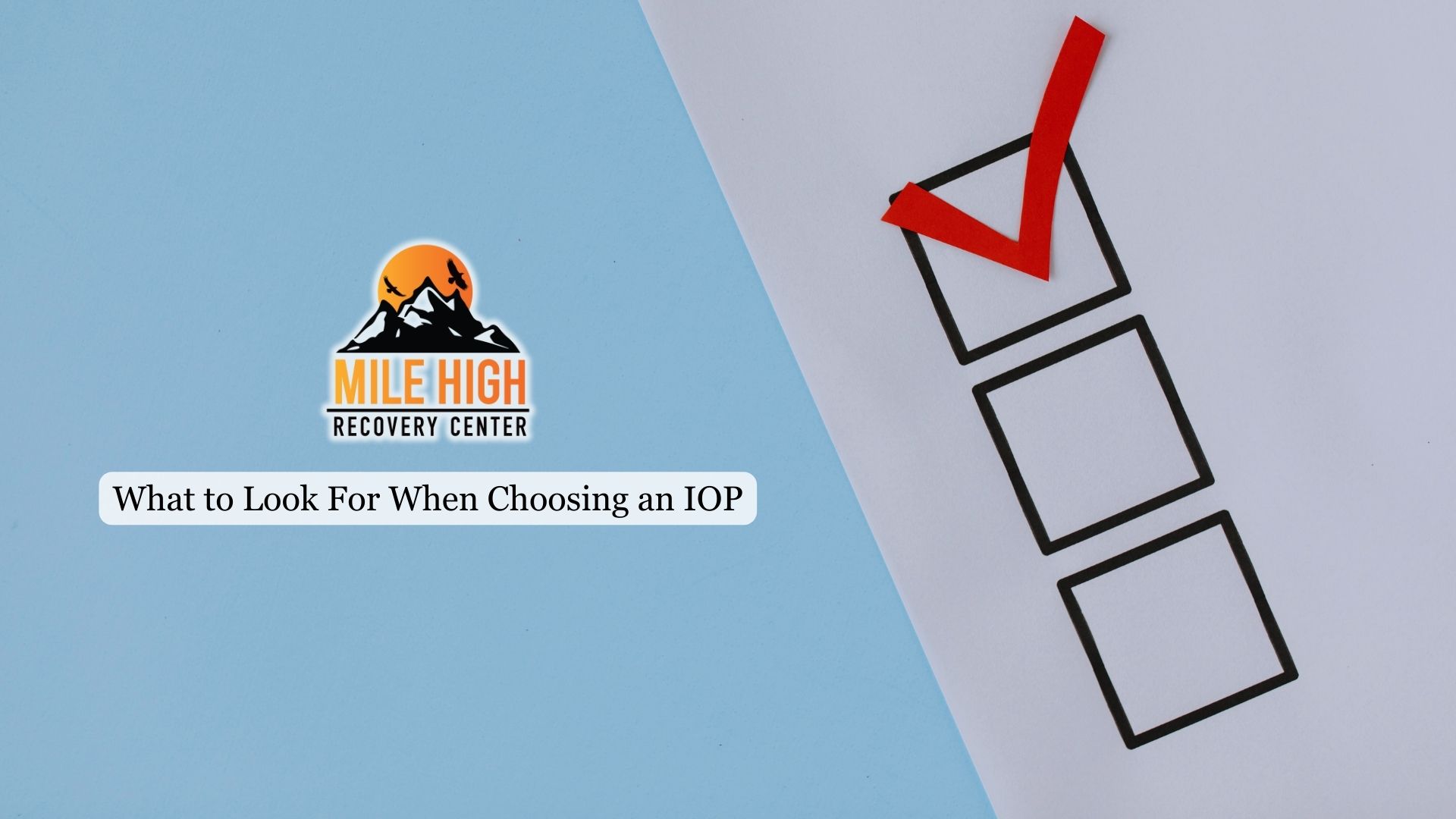Equine therapy is becoming more popular as a treatment for mental health and physical rehabilitation. With this growth, many people are wondering if their insurance will cover it. The answer depends on your insurance plan, the type of therapy, and the specific treatment structure.
In this article, we will explain when insurance may cover equine therapy, why it isn’t always covered, and how to improve your chances of getting coverage. We’ll also discuss the benefits of equine therapy that support its value in treatment.

Defining Equine Therapy and Its Role in Treatment Programs
Equine therapy involves structured therapeutic activities with horses that support both mental and physical health, making it a valuable tool in addiction treatment. It includes various approaches, such as equine-assisted psychotherapy, equine-facilitated therapy, and horse-assisted therapy, which are often used to address anxiety, PTSD, depression, and behavioral disorders, all common co-occurring conditions with addiction.
For physical rehabilitation, equine therapy may include hippotherapy, where licensed therapists use the horse’s movement as part of a physical therapy strategy, aiding in the recovery of motor skills often affected by substance use. Each form of equine therapy has distinct clinical goals, offering a hands-on, real-world experience that can complement traditional addiction treatment therapies like DBT or CBT.
As part of a growing trend in experiential therapy, equine therapy offers a unique and controlled environment where individuals in recovery can develop emotional regulation, trust, and self-confidence. A qualified equine specialist, alongside a mental health professional or physical therapist, typically facilitates the therapy, ensuring a holistic and person-centered approach to addiction recovery.
If you’re considering Equine Therapy for addiction treatment, at Mile High Recovery Center, we offer an integrated approach that supports whole-person healing. We incorporate equine-assisted therapy into our residential treatment program, combining evidence-based practices with holistic care.
When Equine Therapy May Qualify for Insurance Coverage
Insurance coverage for equine therapy largely depends on how it is integrated into a comprehensive treatment plan, especially for those in addiction recovery. Some insurance providers may cover equine-assisted therapy when it is prescribed and supervised by a licensed mental health professional or physician. In this context, equine therapy is considered a legitimate part of an approved treatment plan for substance use or mental health conditions, rather than a recreational activity.
For example, when horse-assisted therapy is incorporated into a structured recovery plan for addiction or co-occurring mental health disorders like anxiety, depression, or PTSD, and when proper documentation demonstrates clinical necessity, insurance may cover the sessions. Insurance companies are more likely to approve coverage for equine therapy when it aligns with traditional therapeutic frameworks such as mental health services and physical rehabilitation therapies, which are common in substance use treatment programs.
Understanding Why Coverage for Equine Therapy Varies
Insurance coverage for equine therapy varies widely across insurance plans and providers. Many insurance companies do not specifically list equine therapy as a covered service in their policies. However, therapy may still be reimbursable under broader categories, such as behavioral health, physical rehabilitation, or therapy involving a service or therapy animal.
Coverage also depends on how the therapy is billed and reimbursed. Traditional medical insurance often requires treatment to be administered in a clinical setting, which makes equine-assisted therapies harder to classify. Despite growing evidence of the therapeutic benefits of working with horses, insurance plans often label equine therapy as alternative care.
Private Insurance and Equine Therapy: What to Know
Private insurance plans offer the most flexibility but also require the most diligence. Some private insurance companies may cover equine-assisted therapies if they are part of a medically necessary treatment program and are supervised by licensed professionals. However, this coverage is usually the exception rather than the rule.
To verify your insurance, review your insurance plan’s behavioral health or occupational therapy sections. Look for language that might include equine-assisted therapies under broader health services. You can also contact your insurance provider directly and ask whether your plan may cover equine therapy as part of a comprehensive mental health or physical health program.
Obtaining equine therapy coverage through insurance often requires persistence, detailed documentation, and a willingness to navigate unique insurance policies that are not specifically designed to list equine therapy.
Government Programs: Medicaid, Medicare, and Equine Therapy
Medicaid and Medicare coverage for equine therapy is limited. These government programs typically do not include equine-assisted activities or experiential therapies under standard benefits. That said, certain states may allow flexibility under their Medicaid waiver programs, especially for children with disabilities or individuals undergoing long-term therapy for mental health and addiction treatment.
Even when equine therapy is part of a broader mental health treatment program, Medicare rarely considers it a covered service. Still, it’s worth checking with your local Medicaid office or Medicare representative to explore any state-based or supplemental insurance program that may cover equine therapy in special cases.
Why Equine Therapy Is Not Always Covered by Insurance
One of the primary reasons equine therapy is not commonly covered by insurance is the lack of standardized procedures and billing codes. Equine therapy sessions often take place outside of clinical settings, making them difficult to classify under traditional insurance policies.
Additionally, many insurance providers are hesitant to cover therapies that involve animals, even when their therapeutic benefits are well-documented. Because equine-assisted therapies do not fit into the typical in-office therapy model, they are often excluded from insurance coverage.
Even with a professional referral, insurers may question the medical necessity or classify the treatment as experimental. This makes it difficult to secure insurance coverage unless the therapy is framed within a well-defined medical or psychological strategy.

How to Improve Your Chances of Getting Equine Therapy Covered
If you’re seeking insurance coverage for equine therapy, start by consulting with your healthcare provider to establish a solid medical basis for your claim. Your therapist or physician can help document how equine therapy supports your treatment goals. Submit this documentation to your insurance provider along with a formal request for pre-authorization.
Look for therapy centers that offer help with billing or work with insurance advocates who specialize in equine therapy insurance. While many insurance providers may not offer explicit coverage, they may still reimburse costs under broader categories.
It’s also important to emphasize the mental and physical health outcomes expected from the therapy. The more closely equine therapy aligns with conventional treatment goals, the more likely your insurance provider will consider it eligible for coverage.
The Benefits of Equine-Assisted Therapy That Support Its Medical Value
Equine therapy provides measurable benefits, supporting its inclusion in mental health and rehabilitation programs. Interactions with horses can enhance emotional regulation, social skills, and confidence, while also offering physical benefits such as improved balance and coordination.
The effectiveness of equine therapy has been observed in people recovering from trauma, managing anxiety, or dealing with developmental disorders. Equine therapy programs are increasingly recognized as a powerful form of experiential therapy that combines emotional insight with physical movement.
By working with horses in a structured therapeutic setting, clients often experience improvements in both mental and physical health, making a strong case for why insurance should evolve to cover this type of therapy more consistently.
Final Thoughts from Mile High Recovery Center
Navigating insurance coverage for equine therapy can be a daunting process, but Mile High Recovery Center is here to make it easier. We combine equine therapy with proven treatments like DBT and CBT to provide a well-rounded approach to addiction recovery. Our dedicated team works closely with every client to ensure that their insurance provides coverage for the therapy they need.







